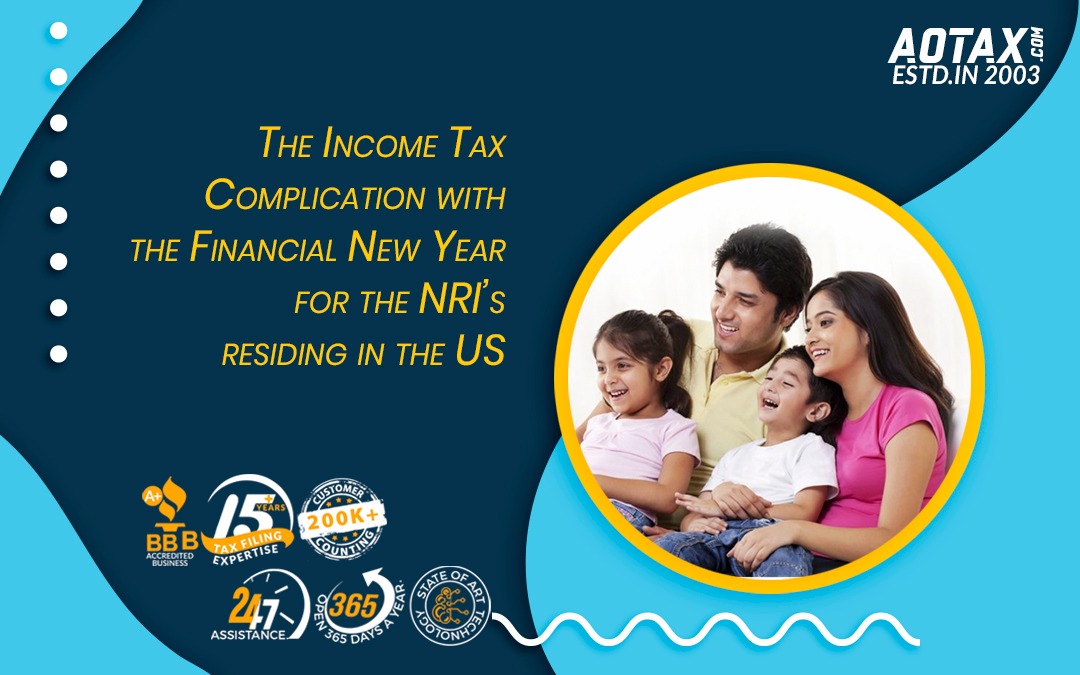
What is US Tax Form 1040 – Foreign Tax Credit?
What is US Tax Form 1040 – Foreign Tax Credit?
The taxation system in the US taxes its taxpayers on their global income.US Tax Form 1040 Since there are chances that taxpayers could have paid taxes for income in the respective countries, the Foreign Tax Credit system is more useful than one might think.
By definition, the foreign tax credit system is a tax credit system that is non-refundable and is paid to individuals who have paid taxes to foreign governments for their withholdings. The tax credit is available for anyone who has some form of investment in a foreign country or works in a foreign country.
What is it?
The Foreign Tax Credit is essentially a tax break that the IRS and the government provide to help taxpayers reduce their tax liabilities. After all the deductions are taken out of the taxable income of a taxpayer, the tax credit is then applied to it. Naturally, it helps to reduce liable taxes. And it reduces the taxes dollar to dollar.
This means, that if you owe $2,000 to the government and are entitled to receive $900 worth Foreign tax credits, your net liability is $1,100. Thus, you will end up paying only $1,100 as taxes.
Tax credit systems are either refundable or non-refundable. If you have access to a refundable tax credit, this is how it would work. If you were liable to pay $2,000 as taxes and had tax credits of $2,300, the tax credit will take care of the liable taxes. And, you will receive the remaining $300 back.
On the other hand, if the same tax credit was a non-refundable one like Foreign Tax Credit, things would be a bit different. You will have to forfeit the remaining $300. Of course, you do not end up paying any taxes from your pocket for the above-mentioned example.
Who Choose Tax Credit?
There are quite a few benefits which make them a compelling option.
- The tax credit reduces your tax liability dollar to dollar, unlike deductions which merely reduce your net taxable income.
- In the event that the tax credit exceeds a certain limit for a year, you can carry forward the excess for the next year.
- The Foreign tax credit is yours for the taking even if you do not itemize your deductions. You can then opt for standard deductions, on the top of the tax credit.
One must note that not all the taxes that you pay to a foreign government is available as a tax credit against your federal tax liability. If you haven’t paid or accrued the taxes, the taxes in question is not legal, the taxes are not based on income or the taxes were never imposed on the taxpayer, you cannot opt for Foreign Tax Credit.
How to Claim?
You can claim your Foreign Tax Credit either with Form 1116 or without it. Individuals who have only one source of foreign income can opt for a Form 1116. The taxpayers must report whether their income is on an accrual basis or cash basis. Should your budget not consider the incomes until you receive it, you can opt for a cash basis or else the accrual basis.
There are a few a situation where a taxpayer can claim for the foreign tax credit without having to file Form 1116. The only pre-condition being, they should meet the eligibility criteria. If you are a single taxpayer and have paid less than $300 then you can skip filing the foreign tax credit form. Similarly, for married joint filing taxpayer, the limit is $600. The Foreign Tax Credit is an effective measure that allows taxpayers to reduce their liability.






Recent Comments